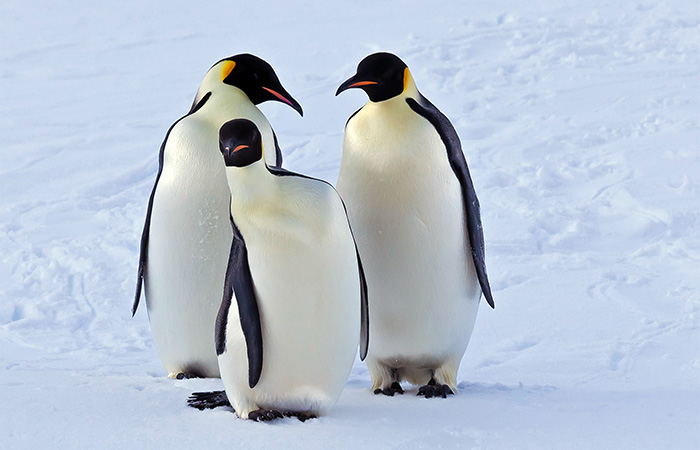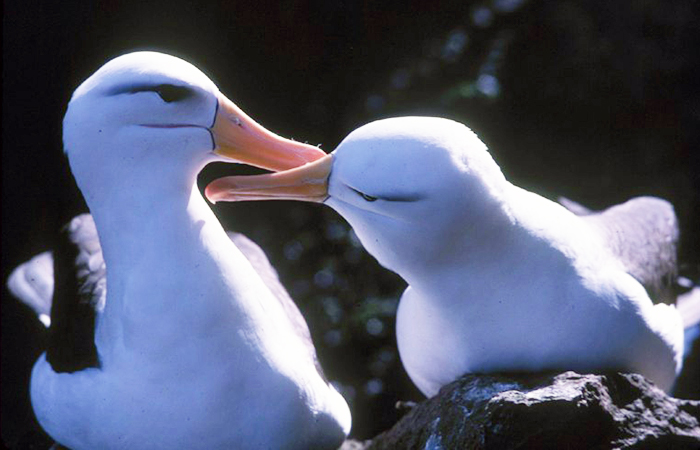Welcome to the Forecasting the Long term Ecological and Demographic impacts of Global Environmental changes (FLEDGE) Lab
Today a major challenge in ecology is to understand the consequences of climate change and human activities on wildlife populations for predicting their fate in the future. This requires understanding of past and current population responses to climate change in order to obtain suitable models to predict future ecological consequences.
Seabirds are long-lived upper trophic-level predators in marine ecosystems and are key indicator species of climate and ocean change. Their presence, absence or abundance reflects the impact of environmental variability over large spatial and temporal scales in the global ocean.
Our group studies the effect of global change on individual and population of a community of seabirds breeding in the Southern Ocean. Specific area of interests include how climate changes and human activities affect the behaviors (e.g. foraging) and vital rates of individuals (e.g. survival and breeding success); the timing of key life cycle events (e.g. breeding phenology); and the population growth and structure.


